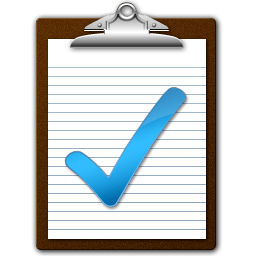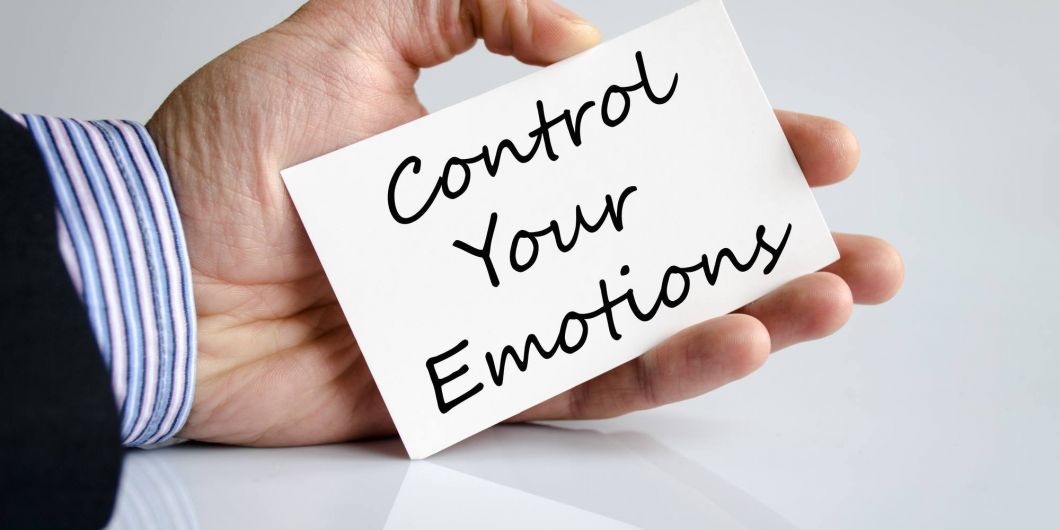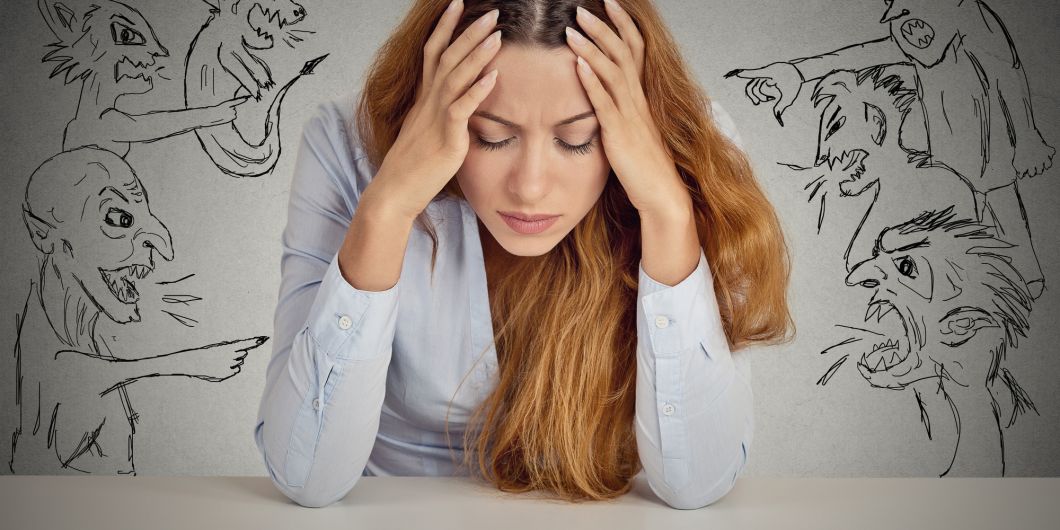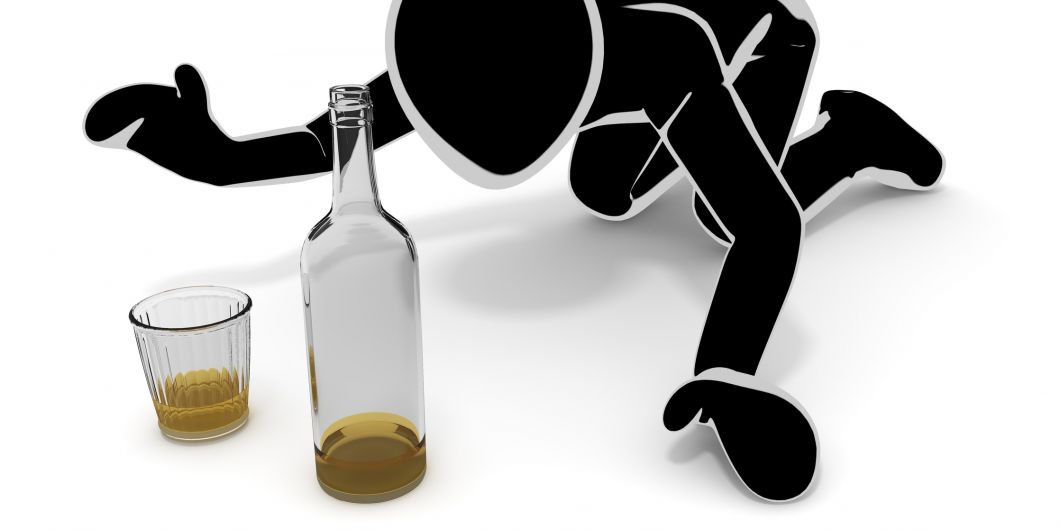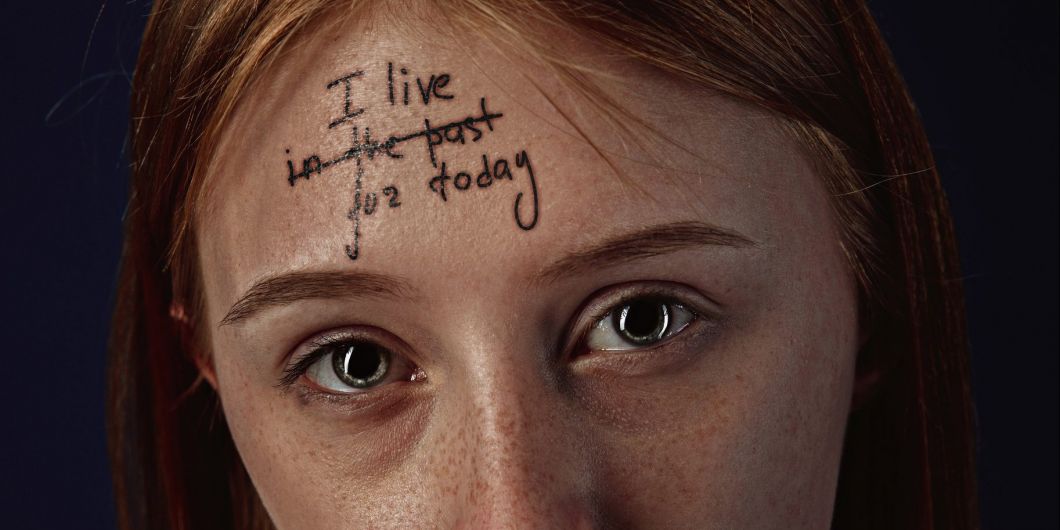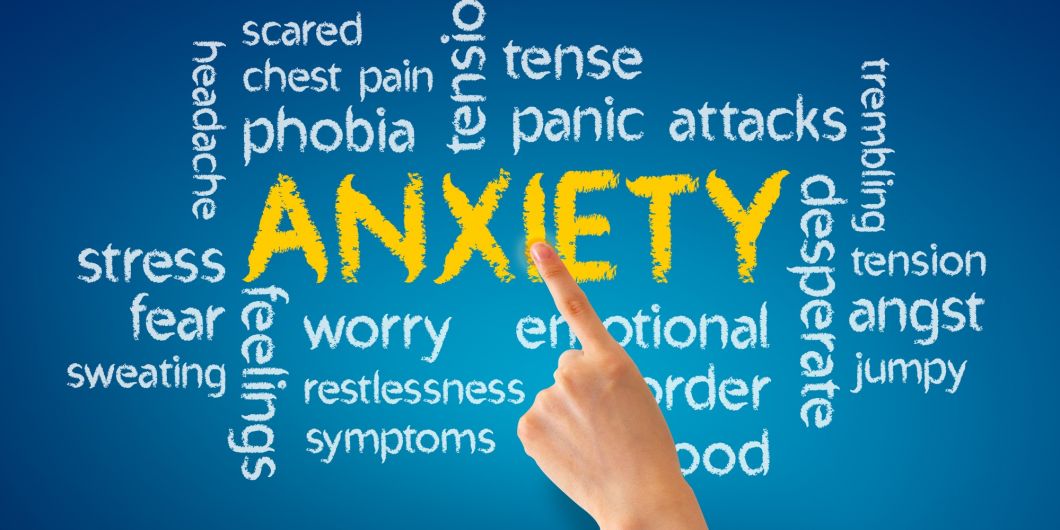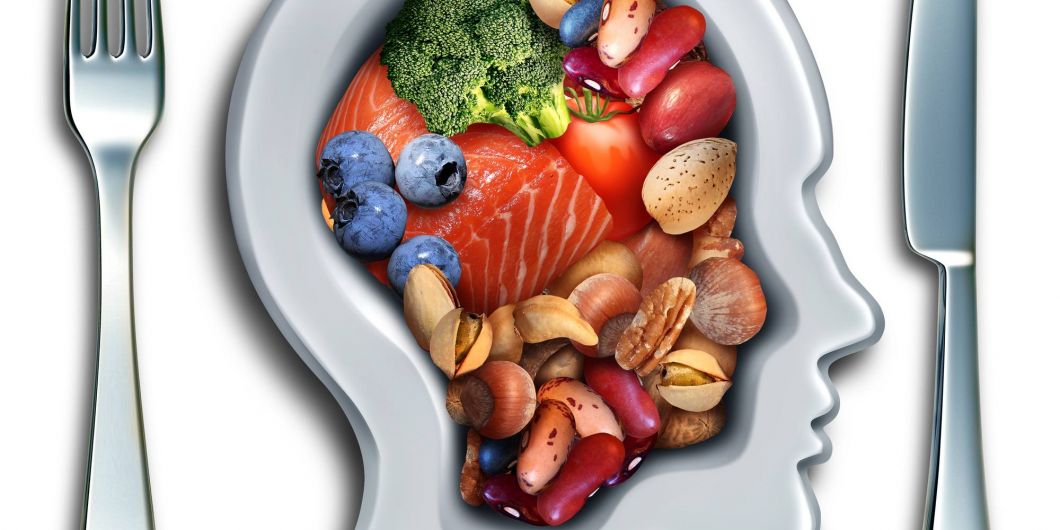- in Mental Health by Tony
Children who have inflammatory bowel disease (IBD) face a higher risk of getting mental health problems

Children who have inflammatory bowel disease (IBD) face a higher risk of getting mental health problems, a study suggests. Researchers in Sweden analysed data from 6,400 children, tracking them for an average of nine years.
They found around 17 percent of the children with the agonising condition were given a psychiatric diagnosis.
